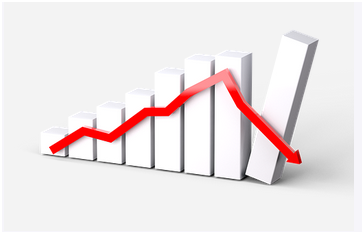With a sudden increase in volatility during the pandemic, many volatility funds lost money.
Many funds were struck because they adopted a strategy known as shorting volatility — betting that it will fall or remain low. Such funds sell derivative protection such as put options, which give the buyer the right to sell at a pre-determined price. They earn money by effectively writing market insurance, hoping that volatility — which helps determine options prices — will remain low and the options will expire worthless.

Many investors have been lured into taking this approach over the past decade by years of gently rising markets and mild market moves, fuelled by trillions of dollars of central bank stimulus, which have helped such funds make money. Read more
One of the most notable cases was the Alberta Investment Management Corporation’s loss of $3 billion.
The Alberta Investment Management Corp. — which manages pension assets, sovereign wealth, and other public money — lost billions of dollars on wrong-way volatility trades when markets crashed earlier this year, and then shut down the strategies, according to informed sources.
The now-defunct volatility-trading program cost pensioners and Albertans about $3 billion, the sources said. That’s on top of substantial, first-quarter losses to portfolio value that nearly all public funds are dealing with amid the coronavirus crisis. Read more
Further questions
What's your question? Ask it in the discussion forum
Have an answer to the questions below? Post it here or in the forum



